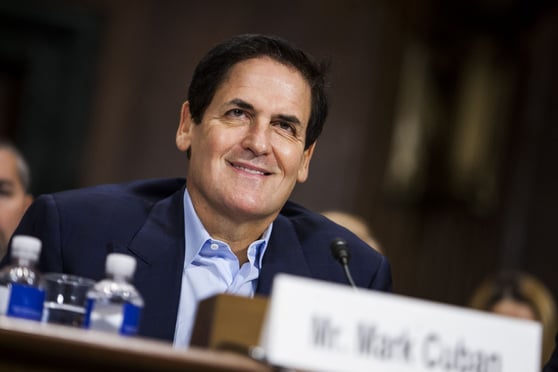 Credit: K KStock/Adobe stock
Credit: K KStock/Adobe stock Weight loss drugs such as Ozempic and Wegovy are drawing a growing number of lawsuits, as patients accuse the drug manufacturers of ignoring possible side effects. The drugs are linked to a range of issues, from gastrointestinal issues to personality disorders to a condition called "Ozempic face.
Recommended For You
Complete your profile to continue reading and get FREE access to BenefitsPRO, part of your ALM digital membership.
Your access to unlimited BenefitsPRO content isn’t changing.
Once you are an ALM digital member, you’ll receive:
- Breaking benefits news and analysis, on-site and via our newsletters and custom alerts
- Educational webcasts, white papers, and ebooks from industry thought leaders
- Critical converage of the property casualty insurance and financial advisory markets on our other ALM sites, PropertyCasualty360 and ThinkAdvisor
Already have an account? Sign In Now







